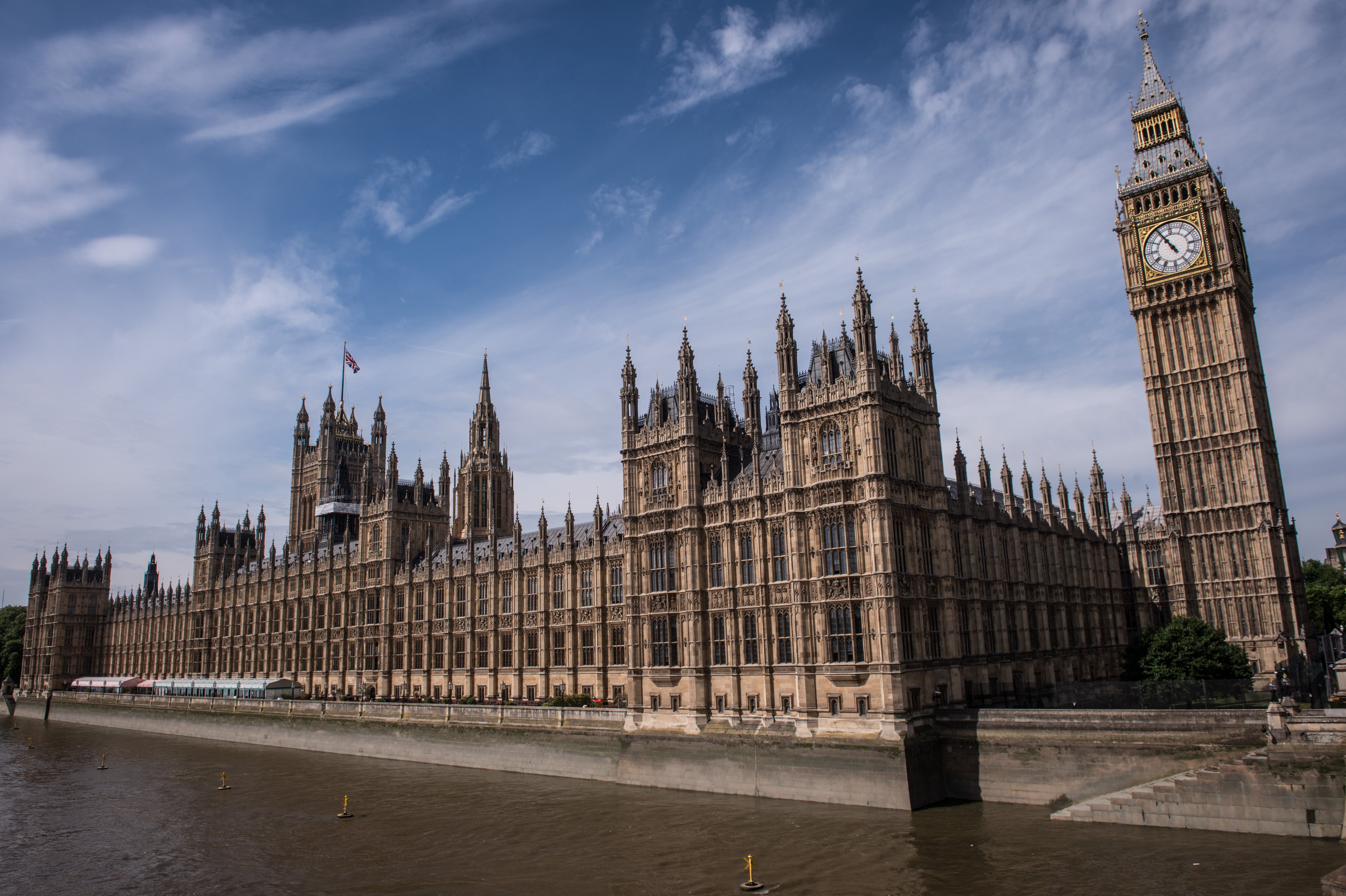The politics of inflation are complicated – but time is of the essence
All of the issues around rising inflation add up to political unpopularity, and on a scale not seen since the poll tax riots and recession of 1990, writes Sean O’Grady


Britain hasn’t known price inflation on this scale for decades, so it is as unfamiliar a first-hand experience to today’s politicians and officials as, say, early punk rock, Crackerjack or affordable housing for the young.
The political lessons from history seem to be twofold. First, and a bit obvious, inflation is politically pernicious. It is usually a symptom of an economy operating behind its productive potential, either because demand is too high (the usual case) or possibly because of vast monetary expansion, or the cost base and inefficiency of the economy makes growth problematic, or because of some external event – deprecation of sterling, an oil crisis or a war.
At the moment, elements of all these traditional sources of inflation seem to be in evidence, but the main short-term answer is the same – a monetary and/or fiscal squeeze on the economy. This means lower public spending than planned, taxes higher than desirable, restraint on public sector wages, and interest rates climbing inexorably higher. As a combination, it hurts and creates people who find themselves worse off, absolutely or relatively, through no fault of their own.
That, in turn, creates industrial tension and there are “wildcat” strikes, as the prime minister calls them (in reality with a month’s notice and a secret ballot) or “worker resistance” as Marxist economists might level them. In any case, they are disruptive and can become bitter.
All of that adds up to political unpopularity, and on a scale not seen since the poll tax riots and recession of 1990. Indeed, protests and civil unrest are usually in evidence as different sectors of society fight to retain their share of a shrinking state, like the recent fuel price protests and Extinction Rebellion actions, demonstrate.
In such circumstances, too, there will be by-election and local election losses, periodic leadership crises in the governing party and general fear about the coming general election, depending on the stage of the electoral cycle.
Stagflation (a combination of high inflation and sluggish growth in output, jobs and wages) is the most challenging of circumstances. With recession approaching and inflation set to hit 11 per cent or more, the next prime minister will find little room for manoeuvre. If Liz Truss wants to engineer a pre-election boom and make a dash for growth through tax cuts and boosting public spending she may crash the economy by polling day.
If Truss is lucky she’ll get away with any sterling crisis and countervailing action by the Bank of England (if it’s allowed to do so) and the crunch won’t arrive until after polling day. The risk there is that inflation will become entrenched, and even harsher measures will follow. Tory voters, with many of them being older, with better incomes and few debts would greatly enjoy such an artificial boom; younger people on lower incomes and larger mortgages, but less inclined to vote, would bear the brunt of the anti-inflation strategy.
There is another side to inflation – eventually, even in Weimar Germany or Robert Mugabe's Zimbabwe, it abates. The good news for Truss or Rishi Sunak is that if a nation wins the battle against inflation the relief is palpable, like when you stop banging your head against the wall.
In the right circumstances inflation can tumble remarkably quickly – and would do so especially if the war in Ukraine ended, and food and energy costs actually came down as a result. That would allow for some headroom for tax cuts and modest boosts to public spending for levelling up, while still reducing debt and watching inflation subside.
It takes time. But thanks to the abolition of the Fixed-term Parliaments Act, prime ministers once again enjoy the discretion to call an election at the point of maximum political advantage, and to manipulate the economy to that very end. All may not be lost for the Tories. They may yet win without Boris Johnson.



Join our commenting forum
Join thought-provoking conversations, follow other Independent readers and see their replies
Comments